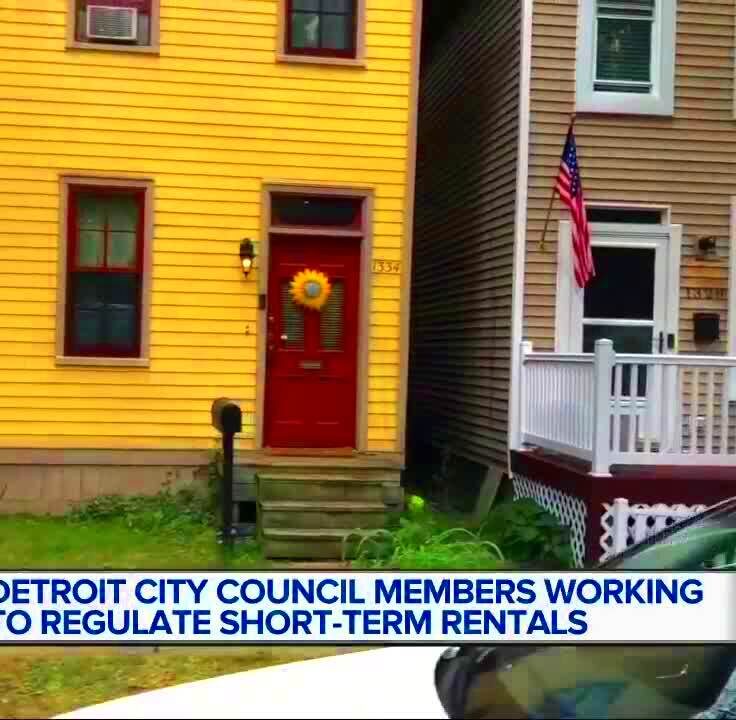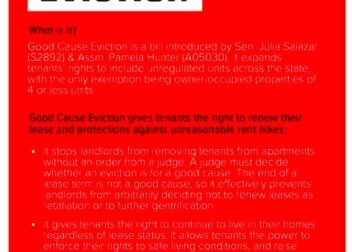Detroit Short Term Rental Laws and What Property Owners Must Know
Short term rentals have become a popular choice for travelers seeking unique accommodations in Detroit. From cozy apartments to spacious homes, these rentals offer flexibility and convenience. However, with their rise in popularity, it’s essential for property owners to understand the laws governing short term rentals in the city. This post will help you navigate the regulations, ensuring you comply and maximize your rental experience.
Understanding the Legal Framework for Short Term Rentals

The legal framework for short term rentals in Detroit consists of various laws and regulations aimed at maintaining community standards and safety. It’s crucial for property owners to familiarize themselves with:
- City Ordinances: Detroit has specific rules regarding short term rentals, which include definitions and operational guidelines.
- State Laws: Michigan state laws may impact rental agreements and landlord-tenant relationships.
- Federal Regulations: Be aware of any federal laws that may apply, especially regarding discrimination and tenant rights.
Understanding these layers of legislation will help you operate within the law and avoid penalties.
Registration Requirements for Property Owners
Before you can rent out your property in Detroit, you must complete certain registration requirements. This process helps ensure that all rentals comply with city regulations. Here’s what you need to know:
- Obtain a Business License: All short term rental operators must apply for a business license through the City of Detroit. This typically involves a fee and documentation of your rental property.
- Register Your Property: You will need to register your property as a short term rental with the local authorities. This ensures your rental is on the city’s radar and subject to inspection.
- Provide Proof of Insurance: Landlords must have liability insurance covering short term rentals, protecting both the property owner and guests.
- Renewal and Updates: Keep track of your license and registration expiration dates, as you’ll need to renew periodically and inform the city of any changes to your rental.
By completing these steps, you’ll be on the right path to legally renting your property short-term in Detroit.
Permits and Licensing for Short Term Rentals
To legally operate a short term rental in Detroit, you must secure the necessary permits and licenses. This process can seem daunting, but understanding it is crucial for a smooth rental experience. Here’s a breakdown of the key permits and licenses you’ll need:
- Short Term Rental Permit: This is the primary permit you need to operate. It typically requires an application, payment of a fee, and compliance with safety inspections.
- Building and Zoning Permits: If you’re making any significant changes to your property, like renovations or expansions, you may need additional permits from the city’s building department.
- Occupancy Permit: This permit ensures that your property meets health and safety standards. It often includes checks for smoke detectors, fire exits, and other safety measures.
- Renewals: Keep in mind that many permits and licenses have expiration dates. You’ll need to renew them periodically, so stay organized!
By obtaining the proper permits and licenses, you’ll not only comply with local laws but also build trust with your guests, ensuring a positive experience for everyone involved.
Rules and Regulations for Operating Short Term Rentals
Operating a short term rental in Detroit comes with a set of rules and regulations designed to protect both property owners and guests. Knowing these guidelines can help you avoid fines and maintain a successful rental business. Here are some important rules to keep in mind:
- Maximum Occupancy Limits: Most rentals have limits on the number of guests you can accommodate. Ensure you know and adhere to these limits to avoid overcrowding.
- No Parties or Events: Many jurisdictions prohibit hosting large gatherings in short term rentals to prevent disturbances in residential areas. Make this clear in your rental listing.
- Noise Restrictions: Maintain a reasonable noise level, especially during late hours, to ensure you’re a good neighbor and comply with local noise ordinances.
- Guest Communication: Keep open lines of communication with your guests. Provide clear instructions on house rules, check-in and check-out procedures, and emergency contacts.
Following these rules and regulations not only helps you stay compliant but also enhances your guests’ experience, encouraging positive reviews and repeat bookings.
Impact of Zoning Laws on Short Term Rentals
Zoning laws play a significant role in determining where short term rentals can operate in Detroit. Understanding these laws is essential for property owners. Here’s how zoning affects short term rentals:
- Residential vs. Commercial Zones: Short term rentals may be restricted to specific zones. Ensure your property is in an area that permits short term rental operations.
- Type of Property: Some zoning regulations may only allow short term rentals in owner-occupied residences, meaning you can’t rent out a separate property unless you live there.
- Density Restrictions: In some neighborhoods, there may be limits on the number of short term rentals allowed. This is to prevent over-commercialization of residential areas.
- Community Input: Some zoning decisions may require input from the community. Be prepared to address any concerns from neighbors if you plan to operate a short term rental.
By understanding and complying with zoning laws, you can ensure that your short term rental operates smoothly and legally while contributing positively to the community.
Responsibilities of Property Owners
As a property owner in Detroit who rents out short term, you have several key responsibilities to ensure both compliance with the law and the safety and satisfaction of your guests. Understanding these duties is crucial for successful rental operations. Here’s what you need to keep in mind:
- Maintain Property Standards: Ensure that your rental property is clean, well-maintained, and safe for guests. Regular inspections and upkeep are essential to avoid complaints.
- Provide Necessary Amenities: Offer basic amenities like clean linens, toiletries, and kitchen essentials. A well-equipped property leads to happier guests and better reviews.
- Comply with Safety Regulations: Install smoke detectors, carbon monoxide alarms, and fire extinguishers as required. You may also need to have a clear emergency exit plan for your guests.
- Respect Neighborly Conduct: Be considerate of your neighbors by minimizing noise and respecting their privacy. Address any complaints promptly to maintain good relationships.
- Keep Accurate Records: Maintain clear records of all bookings, guest communications, and financial transactions. This can be helpful for tax purposes and any potential disputes.
By taking these responsibilities seriously, you not only protect yourself legally but also enhance the guest experience, paving the way for repeat bookings and positive reviews.
Penalties for Non-Compliance with Short Term Rental Laws
Failing to comply with Detroit’s short term rental laws can lead to serious consequences for property owners. Understanding the potential penalties is crucial to avoiding legal trouble. Here are some of the penalties you may face:
- Fines: Non-compliance can result in hefty fines ranging from a few hundred to several thousand dollars, depending on the violation.
- Revocation of Permits: If you repeatedly violate rental laws, you risk having your rental permits revoked, preventing you from operating legally.
- Legal Action: In some cases, the city may pursue legal action against you, which can lead to court costs and additional penalties.
- Impact on Insurance: Non-compliance can affect your insurance coverage, leading to higher premiums or denial of claims if something goes wrong.
- Negative Reputation: Public knowledge of violations can damage your reputation, deterring potential guests and affecting future bookings.
To avoid these penalties, ensure you stay informed about the laws and comply with all regulations governing short term rentals.
Frequently Asked Questions
Here are some common questions property owners often have about short term rentals in Detroit, along with clear answers to help you navigate the process:
- Do I need a license to operate a short term rental?
Yes, obtaining a short term rental license is mandatory to operate legally in Detroit. - What are the maximum occupancy limits for my rental?
Occupancy limits vary but typically depend on the size and layout of your property. Check local regulations for specific limits. - How often do I need to renew my permits?
Renewal timelines can vary. Typically, you should check your local regulations to stay informed about when to renew your permits. - What should I do if I receive a complaint?
Address complaints promptly and professionally. Communicate with your guests to resolve issues and maintain a positive rental experience. - Can I host events in my rental?
Hosting events may be prohibited in many areas. Check your local laws and community guidelines to avoid potential violations.
By understanding these FAQs, you can navigate the short term rental landscape more effectively, ensuring a positive experience for both you and your guests.
Conclusion on Navigating Short Term Rental Laws in Detroit
Navigating short term rental laws in Detroit may seem complex, but with the right knowledge and preparation, you can operate successfully and legally. Understanding the legal framework, obtaining necessary permits, and adhering to regulations are essential steps for property owners. Remember to maintain your property, be considerate of your neighbors, and communicate effectively with guests to foster positive experiences. Staying informed about zoning laws and compliance requirements will help you avoid penalties and build a good reputation. By embracing these practices, you can create a thriving short term rental business while contributing positively to the Detroit community.


